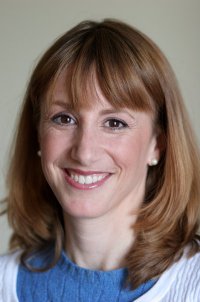
Most of us don’t stop to celebrate our work often enough. I think it is especially true for those in afterschool, where new and seemingly intractable challenges crop up daily, and certainly in advocacy, when success can be hard to measure and troubling policy proposals threaten the progress we’ve made to date.
Thanks to PASE and its awards, we have a moment to stop and reflect on the amazing work that makes our field so special. These awards shine a light on individuals who are literally transforming lives.
PASEsetters Deena Hellman, Mi Jung You, Faybiene Miranda, Patrick Pinchinat and Sadie Mahoney don’t let any challenge thwart their efforts to support youth. From starting new projects like a Guys and Girls discussion group, to engaging external resources to help a struggling student succeed, to securing a mental health counseling license, they are constantly finding ways to better serve their communities. They are resourceful, dogged, inspired.
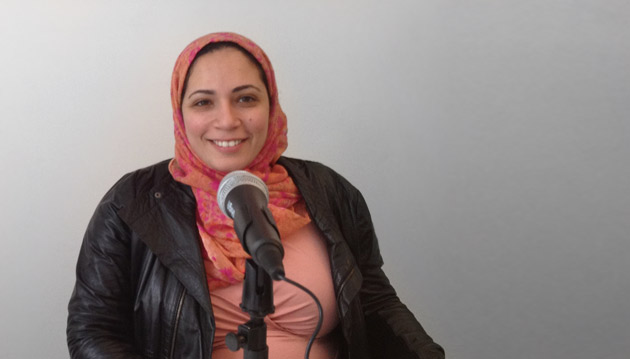
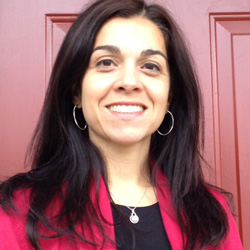 By
By 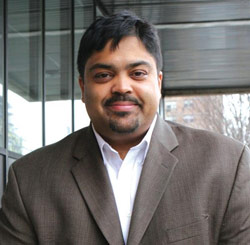 By
By  “You’ve got to try lots and lots of different things and think about lots of crazy ideas and you have to be comfortable that most of them will fail. But if one of them is a great idea and it sticks, you’re successful.”
“You’ve got to try lots and lots of different things and think about lots of crazy ideas and you have to be comfortable that most of them will fail. But if one of them is a great idea and it sticks, you’re successful.”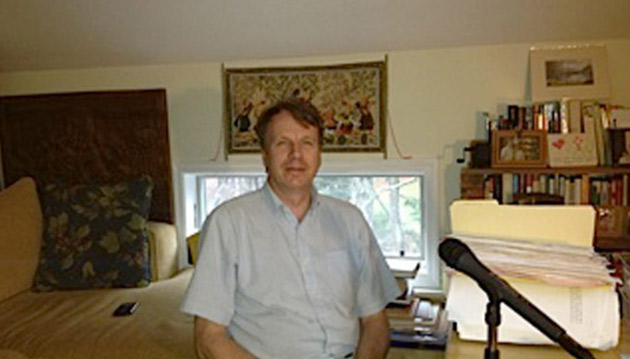

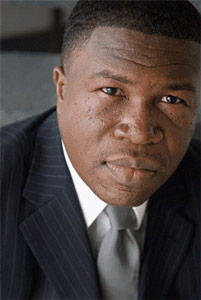 By
By